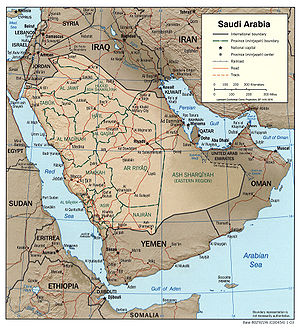Al Qaeda Branch Claims Responsibility for Charlie Hebdo Attack

The Yemeni Al-Qaeda group claimed responsibility for the Charlie Hebdo attack.
The branch of Al Qaeda centered in the Arabian Peninsula claimed responsibility Wednesday for last week’s attack that killed 12 people at France’s Charlie Hebdo satirical newspaper. Al Qaeda said that the attack was being planned for years. In a video the terrorist group released, the Al Qaeda members stated that the late Anwar al-Awlaki was behind the plans for the attack. Anwar al-Awlaki was a U.S.-born Muslim scholar and cleric as well as spokesman for the Al Qaeda branch in the Arabian Peninsula before his death in 2011. This group denied responsibility for Friday’s attack on a kosher grocery store in Paris, but applauded those who did. U.S. National Security is currently working as fast as they can to determine if the video is authentic and not a hoax.
The claim for the Charlie Hebdo attack surfaced through a video showing the Al Qaeda Arabian Peninsula branch’s commander Nasr Ibn Ali al-Ansi with pictures of the two dead Paris gunmen—brothers Said and Cherif Kouachi—in the background. Al-Ansi praised the attack, saying it was revenge for Charlie Hebdo’s depictions of Mohammed. Al-Ansi not only blamed Charlie Hebdo, but also France and the United States in the video. Al-Ansi stated that France has shared in all of America’s crimes and deserved to be punished.
In a sign of opposition to terrorism, Charlie Hebdo’s latest issue features an image of the Prophet Mohammed on the cover, which sold all 3 million copies. The magazine also says that they will be releasing even more copies in the days to come. Since the attack, France has opened 54 cases against people for allegedly showing support for terrorism. France’s Minister of Justice considers any racist words or actions that cause violent or discriminatory behavior, advocate terrorism, or target security forces to be severe enough to be fought and pursued by the French government.